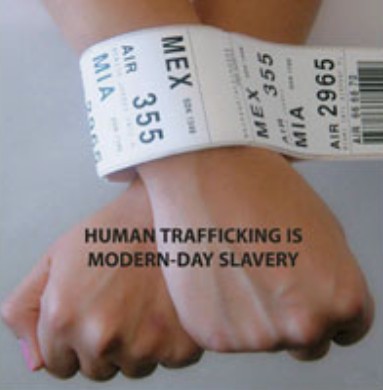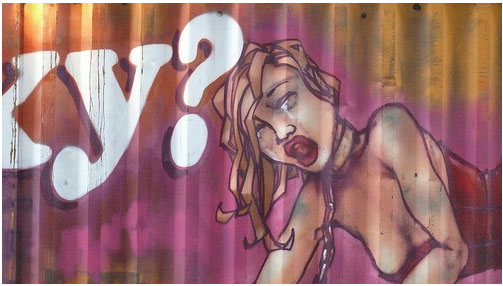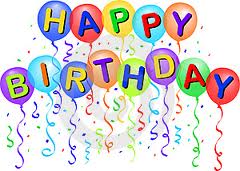No matter what your opinions are, you can’t ignore the science: Drink Driving slows your reaction time and your judgement of speed, which can result in death or severe injury. Even if you have a few pints this evening after work, you can still be over the drink drive limit when you wake up – many people that get caught drink driving are the ones who get behind the wheel in the morning.
Although drink driving related deaths have fallen over three quarters since 1980, and also with the continuous awareness campaigns televised by the government, a large portion of drivers still don’t know what will put them over the limit, and how it alcohol still affects the body the following day.
The Figures
For example, if you have four pints of larger, it’s recommended that you don’t drive for at least 13 hours after your last drink. Five bottles of beer means you should keep away from your car for at least 16 hours after your last drink. Three glasses of wine means you should hide the car keys for at least 13 hours, and if you’re into your strong stuff, five tins of super strength larger will set you back at least 21 hours.
Our brain is affected by alcohol very easily. Just one beer can being on affects that cause the brain to take longer to receiver messages from the eyes, making reaction time slower. A survey conducted by a leading car insurance company has shown that one in five motorists does not have enough knowledge about the drink limit – that’s around seven million people.
The Survey
The online survey, comprising over one thousand customers who own cars or have a car loan in place, revealed that around 20 per-cent of motorists think that the legal drink drive limit is 80millitires alcohol for every 100 millilitres of breath tested, where actually its 80mg of alcohol for every 100 millilitres of blood. If the rumours are true, and the government is planning to cut the drink drive limit to 50mg per 100 millilitres of blood, then this will bring the UK in line with many other European countries. Currently, one glass of wine could make someone over the limit if they appeared behind a wheel.
Insurance
Many insurance companies either hike up the premiums of cover, or completely withdraw cover all together if a driver is convicted for drink-driving. Further surveys across the country could make people aware of how easy is it to be over the limit, which could result in more specific education being offered to motorists to help reduce drink driving.
If you’re planning on a night out, make sure you use public transport to and from your destination – you might be tempted to drive home if your car is parked close by. Furthermore, arrange to have a designated driver. This will allow you to get home safely even if you have a few drinks. Finally, stick to no alcohol if you have no option but to drive – not every night out has to involve a pub or a bar.
This post was written on behalf of Fincar










